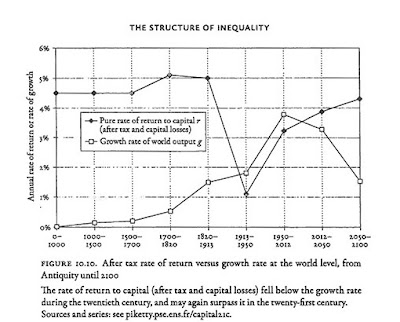State elections: What is happening?

Recent state election results talk less about any wave and more about the framework of the Indian democracy. In the representative parliamentary democracy, seat numbers matter more. Therefore it becomes important to distribute vote share to maximize the winning seats. In Rajasthan, the winning party wins more seats by managing the vote shares. Graph no.1: Year wise difference between seat share and the vote share of parties winning seats in Rajasthan (Data sources: Election Commission of India) All small parties hold more vote share but fail to convert it into seats. That shows the importance of the small parties in regional parties. Managing the vote share of small share will definitely help the big state as well as national parties to win more seats. Graph no.2: Year wise difference between seat share and the vote share of BJP and Congress in Rajasthan (Data sources: Election Commission of India) Congress party managed the vote share well in 1998, 2008
